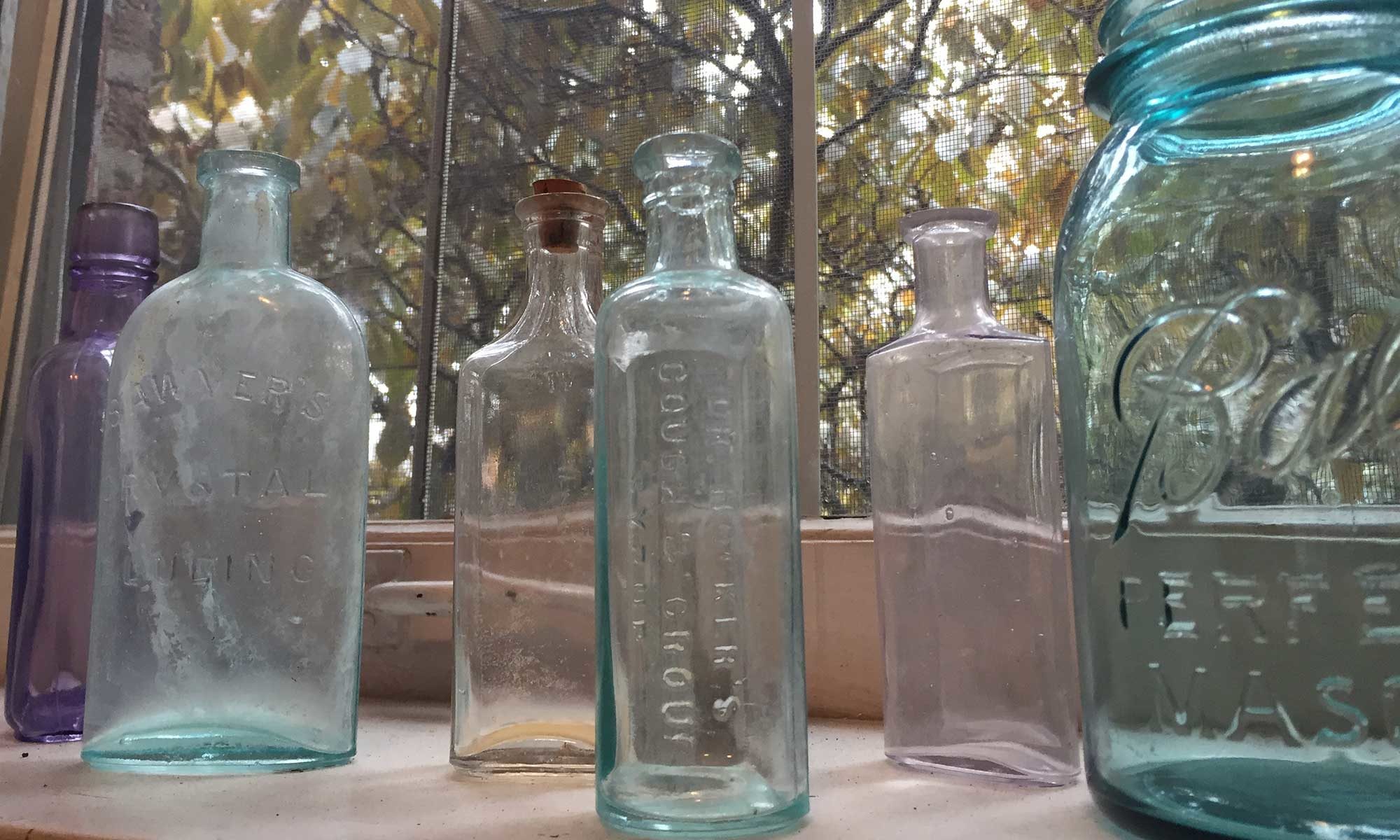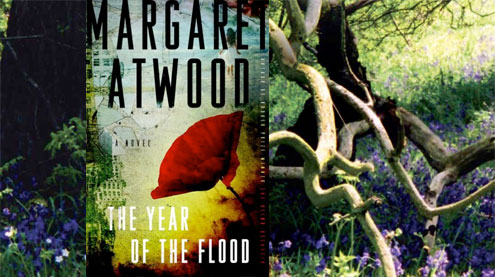It’s that little three-letter word that sets the context, really:
“What are you doing now?”
Elsewhere, in daily life, I encounter its sibling, the simpler “What do you do?”– itself a query fraught with occasional complication and anxiety potential, but in this particular place implicit evaluation rings with stunning resonance.
“What are you doing now?” carries with it echoes of both what I’ve done and what I haven’t done up to this point in time (typically educational achievement like go to the University of Michigan versus an Ivy League school for undergrad, complete an MFA at the Iowa Writers’ Workshop, and abandon ABD a PhD in Language, Literacy & Culture on writing through media; more and more these days it entails a meticulously scaled range of employment categorization and hierarchy: not-lawyer, not-doctor, not-financial-industrialist, not-business-owner, not-heiress-of-gigantic-multigenerational-fortune, etc.)
I’m standing in the big dining room, and I haven’t had my coffee yet, eyeing the big urns as I chide myself: never should’ve stopped to to say good morning to P. that old family-friend/sort-of-cousin, with cold reflexes and an uncaffeinated brain.
at the old family club with its generations of up-and-comers, which I’ve made brief occasional visits to my entire life, all the way back to babyhood in my grandmother’s “cabin” (which had been another family’s before it was hers), a looming split log edifice with two three staircases raised in the early days of the 20th century.
“Where are you living?”
“Where are you from?”
Typically, I tend to answer elliptically: “Outside Detroit.”
Too often they’ll respond, “Where, exactly?”
At this point I’m inevitably thrown back a bit on my heels, forced to confront once again the question of what the places we’ve been say to people about us. For me, all those addresses we’ve been before and left, moving onward into years and identities and responsibilities, what does the particular geography of our past ? to what extent we’re measured, for good or ill, by lines of latitude and longitude.
Queried past a generalized urban descriptor, I’ll proceed into a certain rigamarole addressing the certain suburb where I was born and lived through the 8th grade– the words have gradually wedded themselves to my tongue in the years since being bodily on a daily basis in that green and affluent place, its private schools and pool and tennis clubs, yearround lakeside stately homes on narrow lots just north of Detroit proper, once a summer destination for certain folks well-paid enough to flee to the cooling breezes from downtown’s automotive and industrial stench– away from those with fewer resources, ill luck, ethnicity, community– to a place that bred a certain perspectives, boxy, attentive to insides and outsides, upper and lower. definitive and, to some of us, claustrophobic.
I might, if the person inquiring how I never really felt at home there, fled young to boarding school, and only really go back for quick visits to family members who remain there. How my real home, the home of my heart, is farther north in Michigan’s Upper Peninsula, up among the wild blueberry bushes and ferns that line the sandy southern shore of Lake Superior. It’s where I’ve spent time every summer of my life swimming and hiking and camping under a wide-open sky far from the noises of civilization. It’s the place that feeds my inner being with cold lake water and pine needle scent and insect buzz.
But the truth is not so simple.
The fact of the matter is that the private reserve of land I think of as my most intimate and natural “home” is constituted in a
“What are you doing now?”
it’s a question that comes with a certain degree of discomfort.
so, yeah, let’s just acknowledge right here and now that anxiety is a general factor– we’ve established this assumption sufficiently, I think, right? all the backing-and-forthing about what I think, yadda yadda, the engine that seldom quits examining and reexamining– perhaps re-turning that starter key, as he puts it.
what am I doing now? what am I doing at all, ever, for that matter?
yeah, yeah. so the questioner doesn’t mean it so existentially– or does he?
in the place where it’s asked there are certain expected or acceptable responses, a landmine field of unacceptable answers. I actually think on this particular occasion I unwound into a blathering dismissal amounting to, “it’s hard to explain.”
so, inarticulate. feeling the same here and elsewhere lately with words. words failing, I resort to erasures and conglomerations of collaged imagery– which doesn’t really further the conversation substantially. too much time alone, likely, out of practice with live discourse, surely rusty joints present a factor.
as well it must be said, straight out, just like this, that very effing question– what am I doing now? what indeed. weeeeeelllllllllll…
I’m writing too many things that consistently fail to cohere or congeal sufficiently sufficiently to call a thing, a this-or-that but something. am midway through the assemblage of too many boxes of tiny stoppered jars replete with green herbs, bones, and flashcard animals. I fear I’ve stalled out on bookbinding and am currently in the throws of some dissatisfaction and distress on the subject of letterpress printing. I’ve been avidly losing myself in iphone snapshottery, recording miniature videos, the composition and recording of small still lives, listening to wind and neighborhood sounds and watching weather develop, watering my garden, going from one thing to the next like some avid pollinator…
but really: where’s the fruit?
am I kidding myself that this process is yielding… at all or sufficiently or… clearcut options:
snap to and get a job.
OR
construct some concrete personal priorities, goals, and checklists– then take the steps to realize them.


